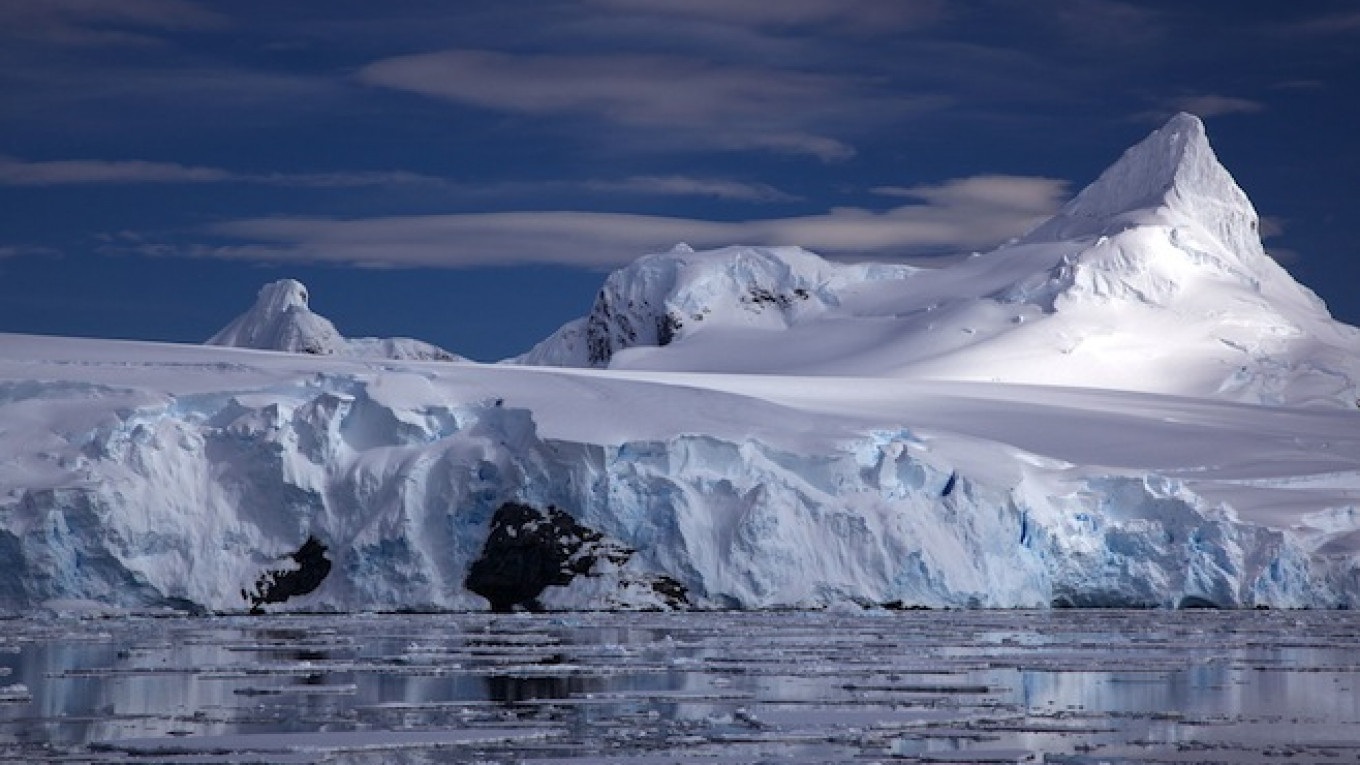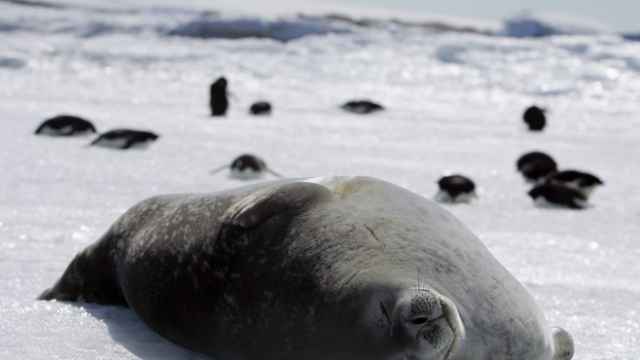The world's largest landlocked country, Kazakhstan, has joined the Antarctic Treaty, an international agreement on the southern continent's neutrality, Interfax reported Friday.
President Nursultan Nazarbayev declared that his former Soviet, Central Asian country would join the treaty in a statement that was posted online but provided no reason for the move.
Kazakhstan has shown an interest in the Antarctic before, with officials even identifying it as a potential source of drinking water for the arid steppe nation.
The country staged its first expedition to the South Pole in 2011, tasked with bringing back a "sample of clear air," Mir24.tv reported at the time.
Local media also reported in 2012 plans for a Kazakh station in the Antarctic, though online reports have since been deleted.
Nazarbayev gave the order to join the treaty earlier this month, but the move had gone under the public radar until this week.
The Antarctic Treaty, which entered into force in 1961, formed the basis of the modern approach to the Antarctic: that it should be used only for peaceful research and tourism purposes.
Contrary to popular belief, the treaty — which Kazakhstan was the 51st country to ratify — does not explicitly prohibit territorial claims or economic activity in the Antarctic.
Limited economic activity is ongoing in the Antarctic region, most notably in the ocean around the continent, an area popular with fishermen. Last month, Russia and China blocked an EU-Australian plan to create a marine reserve covering at least a million square kilometers in the eastern Antarctic.
There are currently about 70 research stations on the continent devoted to a range of topics, ranging from the unique subglacial Lake Vostok to the odd recent behavior of seals, who are increasingly attempting to mate with penguins before in some cases devouring them.
A Message from The Moscow Times:
Dear readers,
We are facing unprecedented challenges. Russia's Prosecutor General's Office has designated The Moscow Times as an "undesirable" organization, criminalizing our work and putting our staff at risk of prosecution. This follows our earlier unjust labeling as a "foreign agent."
These actions are direct attempts to silence independent journalism in Russia. The authorities claim our work "discredits the decisions of the Russian leadership." We see things differently: we strive to provide accurate, unbiased reporting on Russia.
We, the journalists of The Moscow Times, refuse to be silenced. But to continue our work, we need your help.
Your support, no matter how small, makes a world of difference. If you can, please support us monthly starting from just $2. It's quick to set up, and every contribution makes a significant impact.
By supporting The Moscow Times, you're defending open, independent journalism in the face of repression. Thank you for standing with us.
Remind me later.






